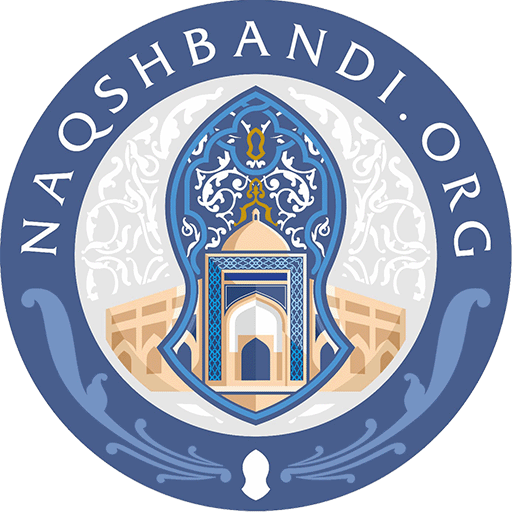Concepts
An Explanation of Islam
and Sufism
What does Islam mean?
Islam is more than just a single word but a concept.
Islam embodies submission, harmony, and peace. Submission, in the sense of surrendering oneself to the Divine Reality. Harmony, in the sense of living in alignment with the covenant that Allah has set forth for human beings.
So, when we submit to Allah, and develop a meaningful acceptance of what Allah has destined for us, this establishes a spiritual connection and an inner peace — that all creation, knowingly or unknowingly, is searching and yearning for.
What are the core tenants of Islam?
- The oneness of God (Allah) — this succinctly means that there is no power and there is no change except by Allah.
- Allah has sent his representatives — spiritual masters and teachers of the most highest order — to help enlighten and guide humanity towards him. This includes Moses, Jesus, and Muhammed (peace be upon them).
- In the revelation, the Qur’an, revealed to Muhammed (peace be upon him) from Allah; and that it is unchanged and it is the final revelation. In addition Allah has sent many past revelations, although none of what we have today are directly from Allah’s emissaries but are in actuality second hand accounts such as the Psalms revealed to David, the Torah revealed to Moses, and the Gospel revealed to Jesus.
- In an unseen / inner reality (al-ghayb); a reality that is bound and intertwined to this physical materialistic life, and which comprises the totality of existence that we live in. Additionally, this unseen reality includes spiritual forces and energies that act in accordance to the divine will (aka angels) and negative forces (the shayton).
- In the after life (ahira). Meaning that there is more to this life than this materialistic world; and that all life is for a purpose, moving, evolving towards the Divine Reality. And after we die, or more accurately, after we depart this life, we enter the next chapter in our journey of evolution.
What is Sufism?
As the emissary of the Divine Reality, Prophet Muhammed, peace and blessing be upon him, said: “Whoever obtains real knowledge of the self has real knowledge of his Lord.”
This knowledge of the self is obtained through purifying oneself through connection with the Divine Reality, which is the oneness of God — Allah, and the mastering of one’s ego.


How is Sufism related to Islam?
It is the path of spirituality that exists in Islam. Its meaning is:
- Seeking the pleasure of God
- Love and peace with one’s self
- Harmony with all creations (mankind, animals, and nature)
- To be dressed with the beautiful attributes of Prophets and Saints
How is Sufism related to Islam?
It is the path of spirituality that exists in Islam. Its meaning is:
- All are vehicles and a path to God’s Divine Presence;
- According to Islam, all religions are originally from God the Exalted. With time and man’s weakness, most religions were distorted from their original truth and adopted practicing of idol-worship or other wrong beliefs, which turned people away from worship and adoration of the one true God.
- You will find the essence of other religions embodied in the beliefs of Islam.
How does one enter Islam?
Prophets that the Lord has sent throughout history.
How does Islam view other religions?
A Shaykh is someone who has inherited what the prophets brought and who is authorized to convey these teachings and secrets to those who take his hand as teacher. A true Shaykh is the one that has mastered his lower self’s bad characteristics through devotion and sincerity towards His Lord. For that reason he is able to guide his students to mastery of their own lower selves, opening the way to reach unlimited potential of their spiritual
realities. It is that spiritual reality which allows one to attain 6 powers:
- The power of attraction
- The power of concentration on the heart
- The power of guidance
- The power to convey other peoples’s burdens and requests to God
- The power to convey blessings
How does one reach spiritual levels in Sufism?
The main methods of attaining spiritual progress in Sufism are:
- Following the guidance and instructions of an authorized Shaykh or guide.
- Performing dhikr, the remembrance of your Lord through reciting his Holy Names and Attributes, glorifying Him and praising the Creator of all.
- Attending the advice and dhikr gatherings held in the presence of the Shaykh or his representative; sitting together, praying together, welcoming all that come to praise their Lord.
